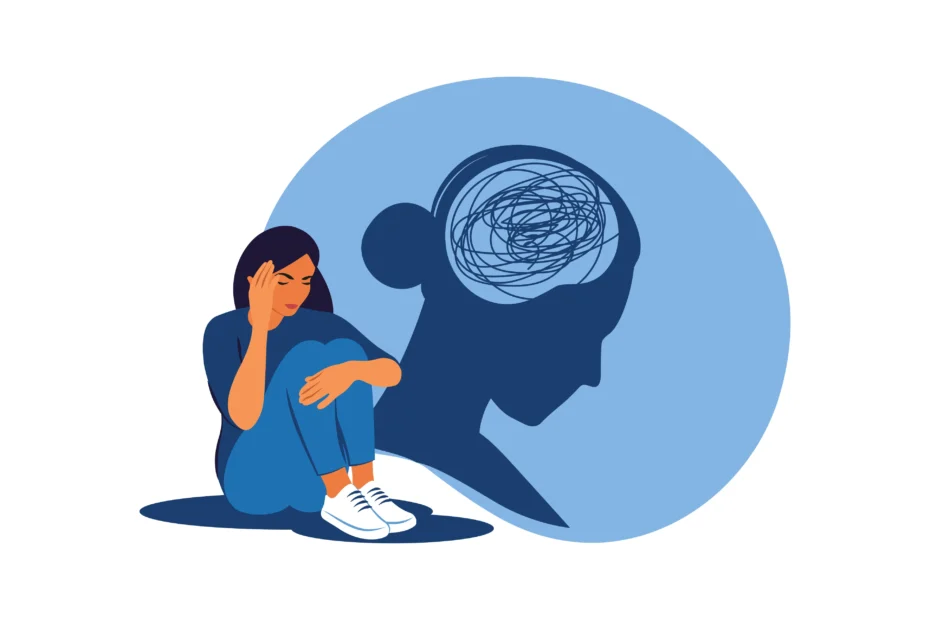Advertisement
What is OCD and How Does This Quiz Help?
Obsessive-Compulsive Disorder (OCD) is a mental health condition characterized by unwanted, intrusive thoughts (obsessions) and repetitive behaviors or rituals (compulsions) performed to reduce anxiety. This quiz is designed to help you assess whether you may experience symptoms of OCD, providing insight into how these tendencies may affect your daily life. While this self-assessment is not a diagnostic tool, it can guide you in understanding your mental health and deciding if further evaluation by a professional is needed.
Symptoms of OCD
OCD symptoms typically involve two key elements: obsessions and compulsions. Obsessions are persistent, unwanted thoughts, images, or urges that cause distress. These might include fears of contamination, unwanted aggressive or taboo thoughts, or an overwhelming need for order or symmetry. Compulsions are repetitive behaviors, such as handwashing, checking, counting, or arranging things, performed to relieve the anxiety caused by obsessions. For many, these behaviors become time-consuming and interfere with daily life.
What Causes OCD?
The exact cause of OCD is not fully understood, but research points to a combination of genetic, neurological, and environmental factors. People with a family history of OCD or other mental health conditions may be at higher risk. Changes in brain function, particularly in areas that regulate decision-making and behavior, are also linked to the condition. Stressful life events and personality traits like perfectionism or a need for control can trigger or exacerbate OCD symptoms.
How is OCD Treated?
OCD is treatable, and many individuals see significant improvement with the right care. Common treatment options include Cognitive Behavioral Therapy (CBT), particularly a form called Exposure and Response Prevention (ERP), which helps individuals face their fears and reduce compulsive behaviors. Medications like selective serotonin reuptake inhibitors (SSRIs) may also be prescribed to help balance brain chemistry. In more severe cases, a combination of therapy and medication is often the most effective approach.
Key Points to Remember
- OCD is a condition involving unwanted thoughts and repetitive behaviors that interfere with life.
- Symptoms include obsessions (distressing thoughts) and compulsions (repetitive actions).
- Causes of OCD are linked to genetics, brain function, and life events.
- Treatment involves therapy (like ERP) and sometimes medication.
Taking this quiz can help you determine if your symptoms align with those of OCD, but it is not a diagnostic tool. If you suspect you might have OCD, please consult with a healthcare professional for a comprehensive evaluation and personalized treatment plan.
